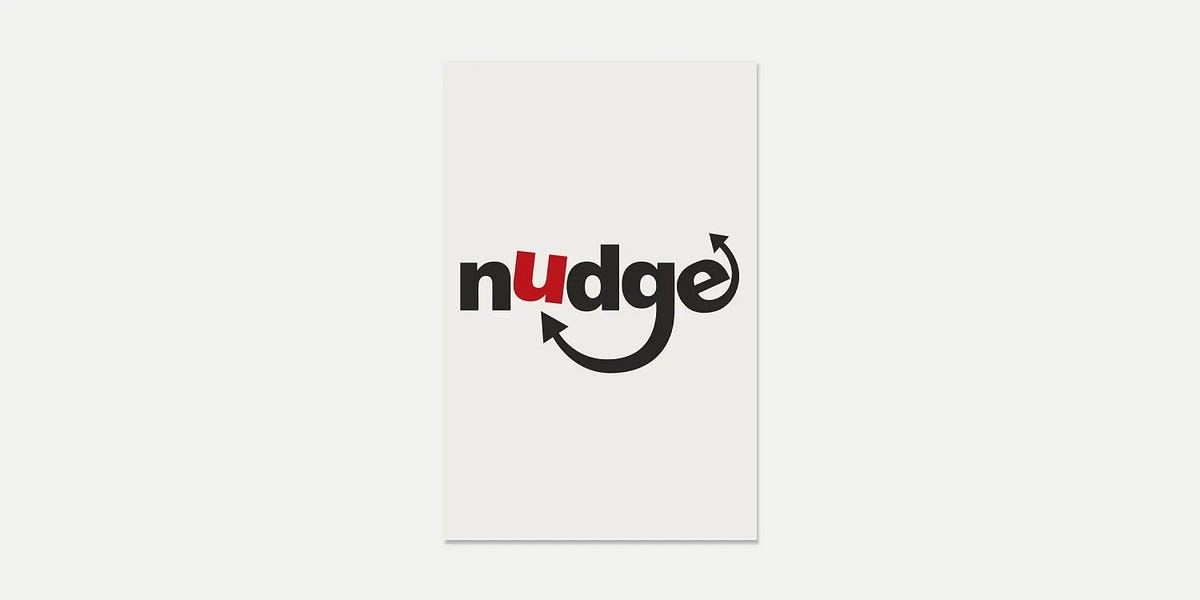Medium
3w
233

Image Credit: Medium
Product Management Lessons from Behavioural Science: Nudge
- Choice architects are individuals who organize the context in which people make decisions.
- Nudges are ways to alter behavior predictably without restricting options or changing economic incentives.
- Humans rely on rules of thumb to make decisions due to the need to make numerous decisions daily.
- Biases and blunders, like anchoring and availability bias, can lead people astray in decision-making.
- Humans have two systems of thinking: automatic (fast and intuitive) and reflective (slow and deliberate).
- Temptation and mindlessness contribute to inconsistencies in decision making.
- Nudges can be helpful in challenging decision situations where feedback is poor or choices offer delayed effects.
- Making actions or activities easy can encourage their uptake.
- Defaults and required choice can influence decision-making significantly.
- Systems should be forgiving and provide feedback to accommodate human errors.
- Good choice architecture helps individuals map choices to outcomes and select options beneficial to them.
- Smart disclosure and transparent information benefit decision-making and market fairness.
- Sludge refers to creating friction in choice architecture that hinders people from making decisions for their betterment.
- Competition does not always eliminate sludge; marketing tactics like 'Free Bank Accounts' can mislead consumers.
- Choice architects may strategically nudge individuals towards beneficial outcomes, like saving for retirement.
Read Full Article
14 Likes
For uninterrupted reading, download the app